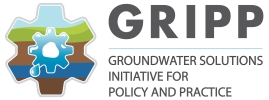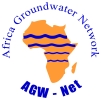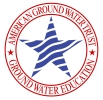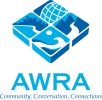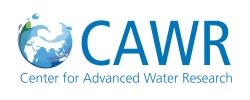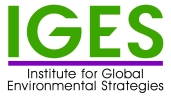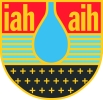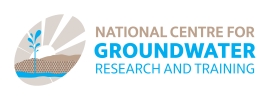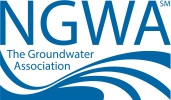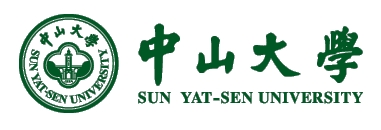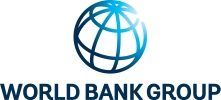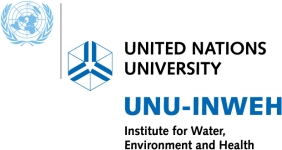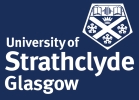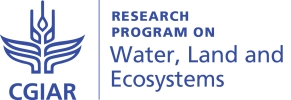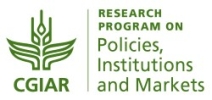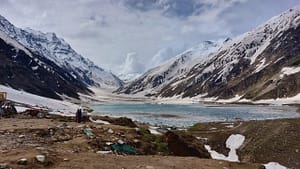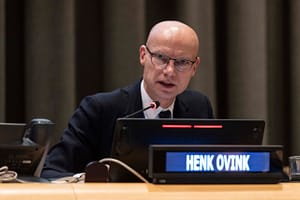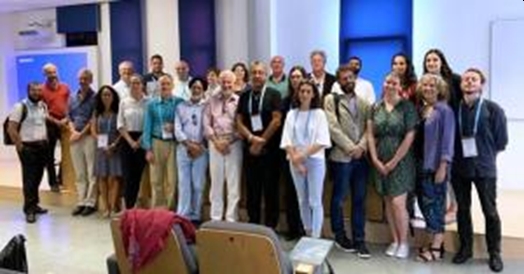
Participants of the IAH Commission on Transboundary Aquifers special meeting (photo: IAH Commission on TBAs).
At the end of the term of the International Association of Hydrogeologists (IAH) Commission on Transboundary Aquifers (IAH-TBA), a special meeting on the ‘Future of Transboundary Aquifers: Research, Management, and Policy Directions’ was convened on September 22, 2019, in Malaga, Spain, as a pre-conference event to the 46th IAH Congress on ‘Groundwater Management and Governance – Coping with Water Scarcity’.
The objective of the meeting, attended by over 40 participants, was to discuss the progress made over the past decade on transboundary aquifers and to look ahead at the key issues for the next decade. The opening keynote (by Alfonso Rivera, Chief Hydrogeologist, Geological Survey of Canada; and Lucila Candela, Professor, Technical University of Catalonia, Spain) synthesized the efforts of the past decade while pointing out future needs. A number of very short ‘lightening presentations’, made entirely by early career professionals, gave an overview of current research and partnerships around transboundary aquifers in many parts of the world. This was followed by short ‘forward look’ presentations by the officers of the Commission, Neno Kukuric and Gabriel Eckstein, as well as Shammy Puri and Karen Villholth, who provided insights and perspectives of the gaps in data and information, in the legal and policy arenas, and in the institutional and socioeconomic aspects of transboundary aquifers, respectively.
A questionnaire, circulated among the broader network of the Commission prior to the meeting, was discussed to further inform future work around transboundary aquifers. There was a consensus that transboundary aquifers are recognized in the international water agenda, but insufficient attention is given to them in national policies. Good scientific progress has been made on aquifer identification, delineation and assessment, but the findings tend to be missed in the wider water sector community. The draft Articles on the Law of Transboundary Aquifers, though adopted by the International Law Commission and placed for consideration by the United Nations (UN) General Assembly, have not been finally approved as a binding convention in international water law. Still, they provide guiding principles for transboundary aquifer management. Some countries are continuing to make progress with bilateral or multilateral collaboration, though there is scope for more efforts. There is opportunity for the groundwater community to promote the issues more vigorously through linking them to the UN Sustainable Development Goals (SDGs) and indeed in the run up to 2022, the UN-Water-declared ‘year of groundwater’.
Next steps for 2020-2024
The workshop concluded with a decision to move forward with new officers, as the current Chair (Shammy Puri) is retiring. A detailed call for participation and expression of interest in taking nominated positions of Commission Directors, Co-Directors and Senior Advisors can be found here. The new Commission (or Network) will define the next phase of work at their initial meetings, expected to take place in early 2020. The deadline for applications is December 15, 2019.
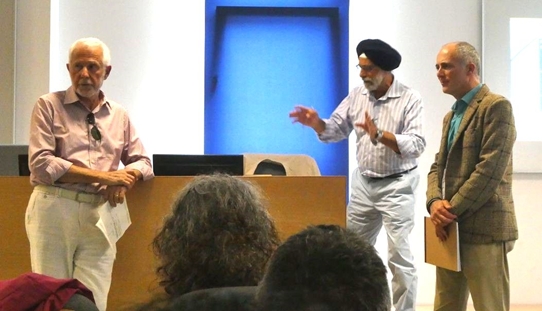
A lively debate during the meeting. From left: Stephano Burchi, Executive Chairman of the International Association for Water Law; Shammy Puri, resigning Chair of the IAH TBA Commission; and Gabriel Eckstein, Professor of Law and Director of the Energy, Environmental, and Natural Resource Systems Law Program, School of Law, Texas A&M University (photo: IAH Commission on TBAs).
To sign up for GRIPP news and updates, click here.






